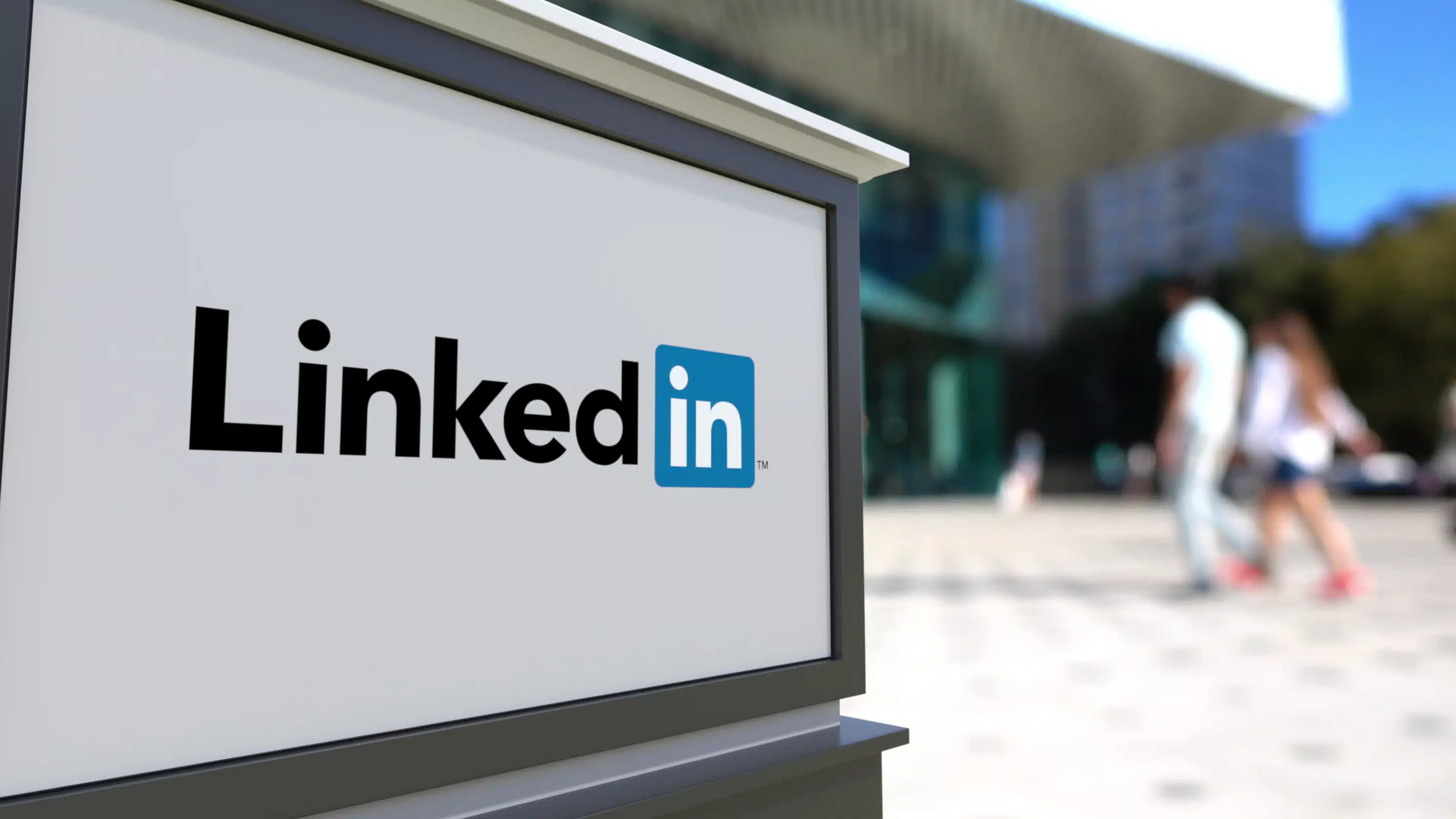A new lawsuit accuses LinkedIn of sharing Premium users’ private messages with third parties to train artificial intelligence (AI) models.
The complaint, filed in a California federal court, alleges the Microsoft-owned platform enabled this data-sharing without proper consent.
Key Allegations
- Privacy Setting Change: The lawsuit claims LinkedIn introduced a privacy setting in August 2023 that automatically opted users into a program allowing their data to be used for AI training.
- Policy Adjustments: A month later, LinkedIn allegedly updated its privacy policy, stating user information could be disclosed for AI purposes.
- Lack of Transparency: The lawsuit argues these changes were implemented without notifying users adequately.
A LinkedIn spokesperson responded to the claims, calling them “false” and “without merit.”
Looking for a job? Visit whatjobs.com today
Did LinkedIn Attempt to Cover Its Tracks?
The lawsuit suggests LinkedIn took steps to obscure its actions. According to the filing:
- LinkedIn modified its frequently asked questions section to inform users they could opt out of data sharing.
- However, it stated opting out would not affect AI training already conducted using their data.
- The lawsuit argues this behavior indicates an effort to “cover its tracks” and limit public backlash.
What Legal Action Is Being Taken?
The lawsuit represents LinkedIn Premium users in the US and seeks compensation for privacy violations. The legal claims include:
- Stored Communications Act Violations: The suit demands $1,000 per affected user for alleged breaches of U.S. federal data protection laws.
- Breach of Contract: It accuses LinkedIn of failing to uphold its user agreements.
- Unfair Competition: The filing cites violations of California’s unfair competition law.
Hiring? Post jobs for free with WhatJobs
Who Is Affected?
LinkedIn has over one billion users worldwide, with nearly a quarter based in the U.S. Premium subscriptions generated $1.7 billion in revenue in 2023, with strong growth due to AI-driven features.
However, LinkedIn clarified that AI data-sharing policies do not apply in the UK, European Economic Area, or Switzerland according to an email sent to users last year.
Need Career Advice? Get employment skills advice at all levels of your career
Implications for LinkedIn Users and AI Ethics
This lawsuit raises concerns about how social media platforms handle user data, particularly in AI development. Users and regulators are now questioning:
- Should companies require explicit user consent for AI training?
- Are privacy policies becoming too vague or misleading?
- What safeguards should be in place to prevent unauthorized data use?
With AI integration becoming a key feature in tech platforms, this case could set a precedent for future data privacy disputes.




